The Executive Order establishing President Trump’s Make America Healthy Again Commission presented some big, fat, sobering truths.
“Six in ten Americans have at least one chronic disease,” the order says, “and four in ten have two or more chronic diseases.” It also notes that our people don’t live, on average, as long as those in other developed nations: 78.8 years in the US compared to 82.6 years in our cousin countries.
How did this happen? How did the world’s most powerful nation ever get to the point where 77 percent of its youth can’t qualify for military service and we need a commission to stop us from spiraling faster and faster down the Doritos Loco Tacos-Ozempic highway?
Robert F. Kennedy Jr., the Health and Human Services Secretary, puts the blame on the unnatural ingredients in our food, the most harmful of which are outlawed in Europe. And “the science” is inclined to agree. “Ultra-processed foods may raise depression risks,” Harvard Health reported last year. And a National Institutes of Health study from a decade ago found that excessively eating many processed foods may cause early puberty, since “overweight or obese children are more likely to enter puberty early.”
RFK Jr. has expressed his belief many times that ultra-processed foods — defined by Time magazine as “those made wholly or largely from oils, sugars, starches and ingredients you wouldn’t find in a standard home kitchen, like emulsifiers and industrial additives” — are “poison.” During his Senate confirmation hearings for the HHS post, Kennedy called on the NIH and the FDA to do the research “to understand the relationship between these different food additives and chronic disease so that Americans understand it.”
An attorney by trade, RFK made sure to win his confirmation case by insisting, “I don’t want to take food away from anybody. If you like a McDonald’s cheeseburger or a Diet Coke, which my boss loves, you should be able to get them.” He also said he wants you to continue being able to buy your favorite Hostess Twinkies; he just wants you to know the impact they have on your family and your health.
Would that work, though? Has RFK ever experienced the satisfying crunch of a greasy, salty, irresistible Wise Ridgies potato chip? Or let the carcinogenic hydrogenated palm-kernel oil laced into a Peanut Butter Kandy Kake saturate his every tastebud? My guess is no; otherwise he’d realize an information campaign about the dangers of these foods would be as effective as lecturing teenagers about how TikTok is bad for them.
A more sensible RFK proposal is to cut certain junk foods — such as candy and soda — from the list of items that qualify for purchase under the Supplemental Nutrition Assistance Program (SNAP). As RFK put it, “We shouldn’t be subsidizing people to eat poison.” His opponents argue that slapping the wrists of SNAP participants reaching for the Reese’s “undermines” their “autonomy and dignity,” per PBS News.
Still, such a move would only affect people who use SNAP — 12.6 percent of the population, while more than 73 percent of Americans are overweight or obese. The fact remains that ultra-processed foods are addictive. They’re cheap. And they’re everywhere: a 2022 Harvard University-supported study indicates that “over 73 percent of the US food supply is ultra-processed.”
Worse yet, our government is behind what the R Street Institute aptly labels an “absurd and devastating” situation:
The federal government props up the corn and soy industries to the tune of more than $100 billion a year through the Federal Crop Insurance Program and various subsidy programs. Although corn and soy are not cornerstones of a nutritious diet, they account for about half of the federal farm subsidy outlays and a significant portion of daily caloric intake in the United States.
RFK has a whopper of a task: find a way to break the bad-food habit that’s contributing to our chronic disease epidemic without outright banning the “foods” (or should we say poisons?) that are making everybody sick. Banning stuff — books, guns, the Big Gulp — is not popular among conservatives, and generally, the nanny state oversteps her bounds. When it comes to food, though, the people have been the victim of their own government, even more than usual.
As government became more bloated and more involved in people’s personal lives, we, the people, expanded, too. Which is why RFK’s priority should be upping the taxes on ultra-processed foods, a strategy the American Cancer Society says did wonders to curb smoking.
He should also work to end subsidies for crops that make these poisons so prolific and switch, at least for a while, to subsidizing the production of healthy foods.
Junk food would inevitably become more expensive, but as it is, Americans spend the least amount of money on food in the world while wasting the most produce.
Tightening our budgetary belts would do wonders not only for our health, happiness and culture, but also for our economy, the environment, our national safety and our out-of-control healthcare system.
This article was originally published in The Spectator’s April 2025 World edition.



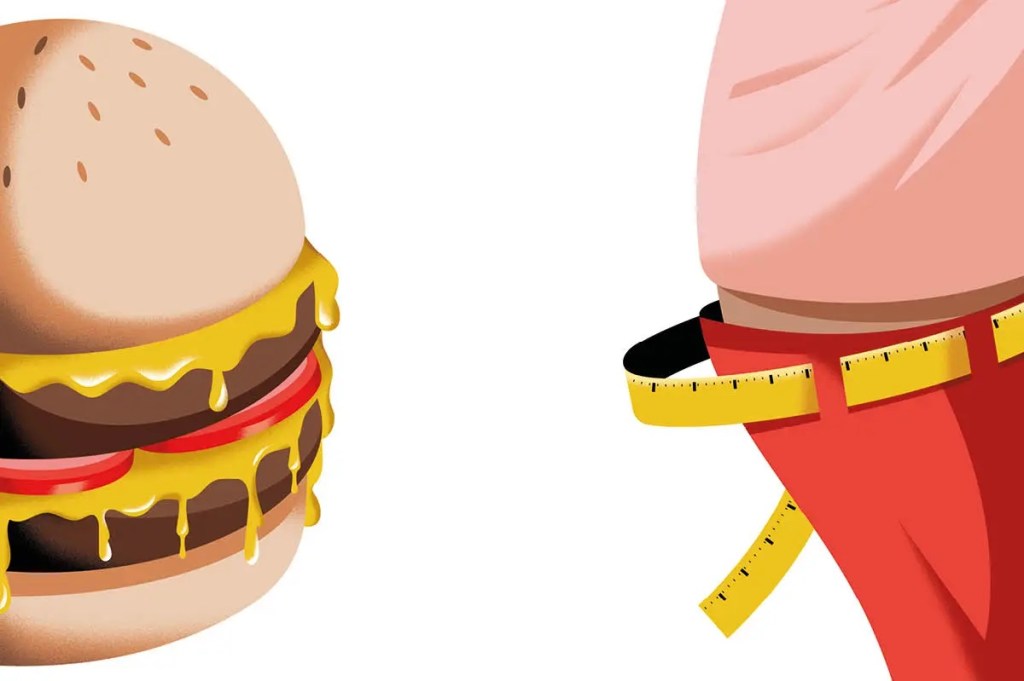







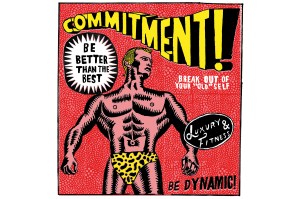

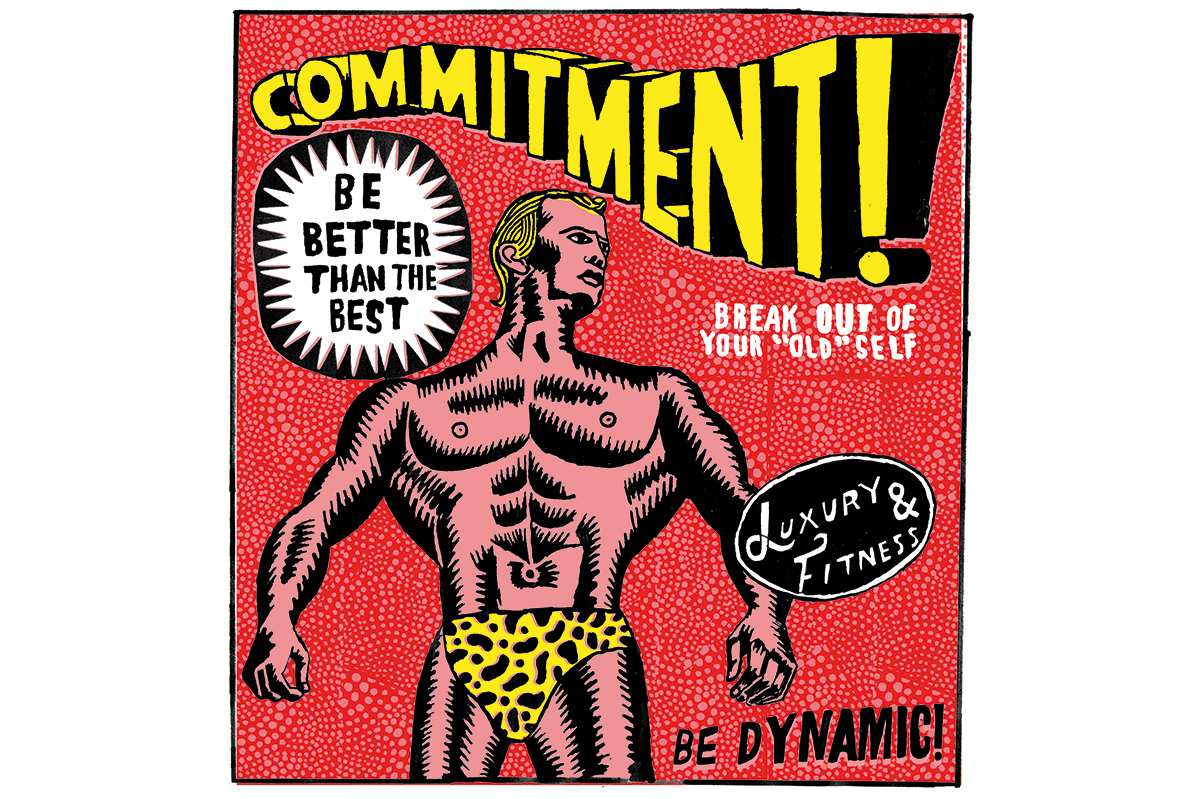
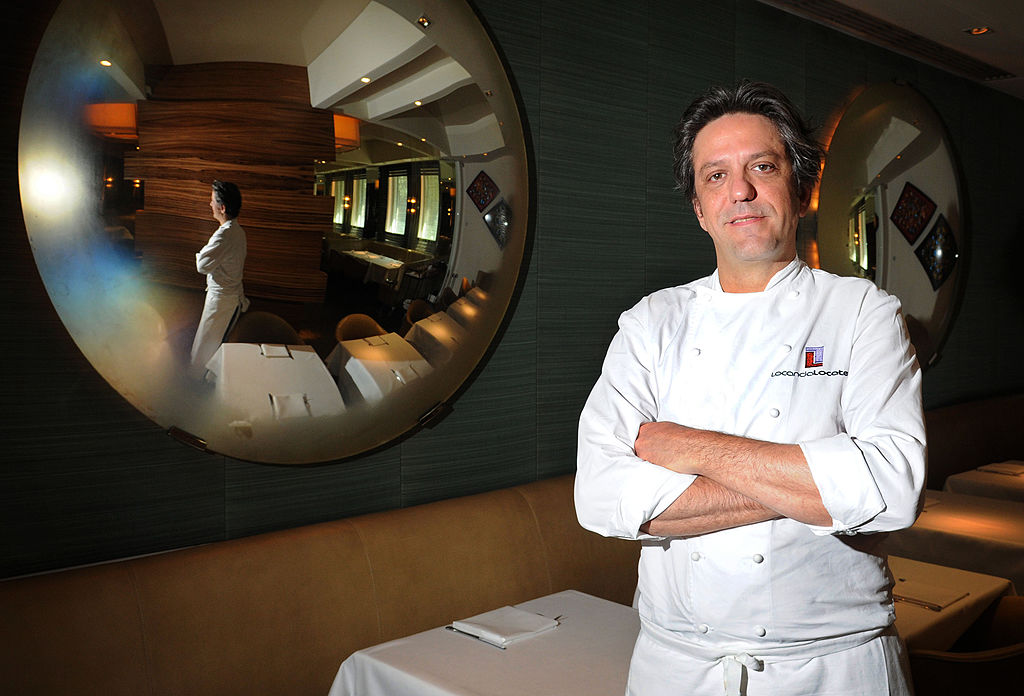
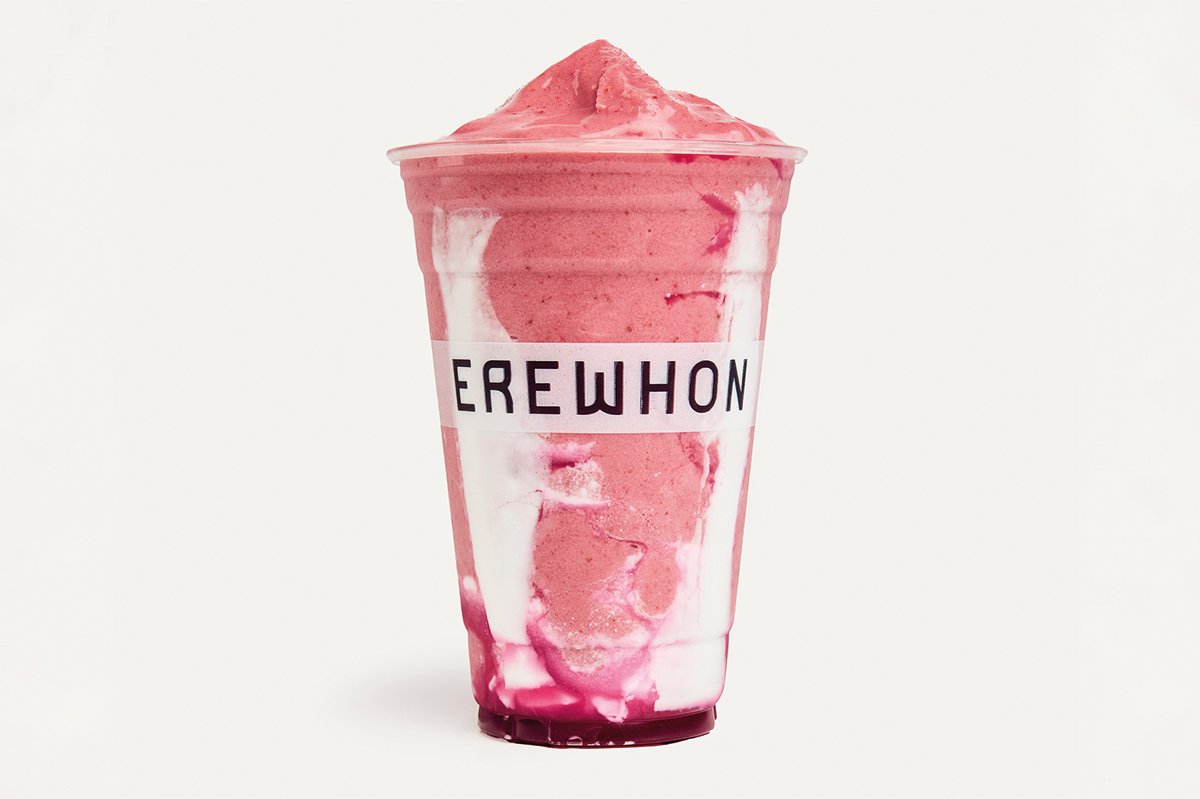










Leave a Reply